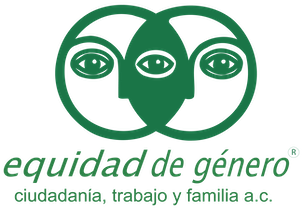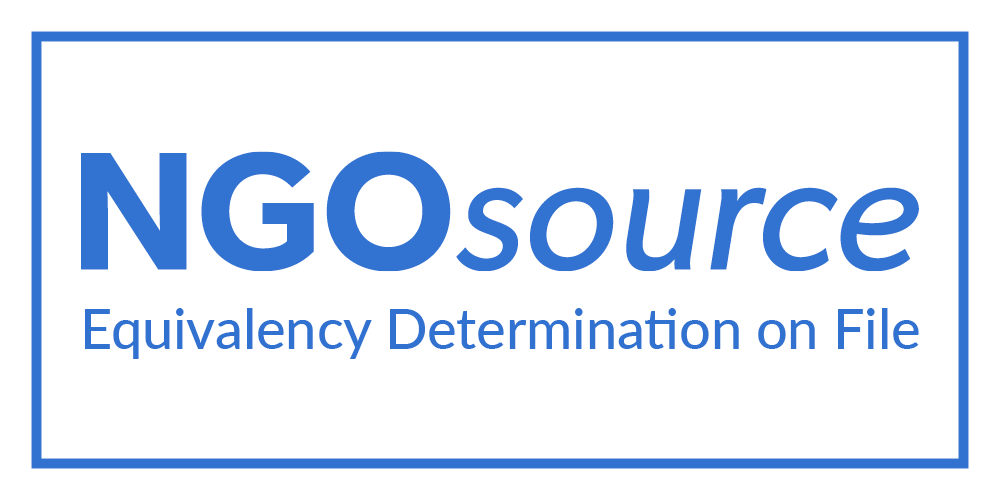
Women’s Working Group on Financing for Development
Webinar Series
Macro Solutions for Women, the People and the Planet
A series of action-oriented dialogues on the macro agendas and the current crises
Taxation for Redistributive justice:
Solutions for Women, the People, and the Planet
By Itzel Contreras Chávez
At the fourth Webinar Series organized by the Women’s Working Group on Financing for Development, the importance of promoting fairer and more equitable tax policies was discussed, particularly on how taxes can most effectively be used for public resources and how they can be beneficial for women, who suffer most from lower pay and over-representation in jobs without social security. Among other things, therefore taxes should be progressive, i.e., correspond to the level of income, so that large corporations and those who generate extraordinary profits pay the most.
The first specialist, Verónica Serafini, a feminist researcher and economist from Paraguay and a member of LATINDADD (an organization made up of 23 institutions in 12 countries, which work to resolve systemic crises and on the impacts of COVID 19), referred to global financing and tax architecture as instruments that, instead of contributing to development and general well-being, cause inequity to persist, since the tax burden is not gender neutral and allows an illicit financial flow that is detrimental to public resources. She referred to the fact that tax deductions benefit only high-income sectors or corporations where women participation is minimum.
With the arrival of COVID 19, these inequalities have been exacerbated, affecting the economic, social, and cultural rights of women, coupled with home workloads and domestic violence that have increased with the pandemic. In this context, the quarantine strategy and the measures taken to avoid the risks of contagion have mostly benefited workers in the formal labor market, where women are underrepresented. Gender-based violence, the burden of domestic and care work, precarious working conditions, discrimination in income and occupation, and less possession of property have all contributed to the increase in domestic violence
Faced with this context of inequality, civil organizations propose to promote a progressive tax system that includes wealth taxes, taxes for multinational corporations, the creation of a fiscal body that democratizes global decisions on taxes and the incorporation of women’s movements to decision-making processes, as the current tax collection system deepens inequalities, especially for low-income women and heads of households.
Leah Eryenyu (Congo), researcher, advocate and creator of the Akina Mama wa Africa Movement, based in Uganda, exposes the problem of extractivism on that continent and in particular in the Congo, a region very rich in resources, but poor in terms of indicators of well-being and development. 59% of Africa’s GDP is committed to debt repayment, a situation largely associated with illicit financial flows (FFI) that have fiscally bled the continent. The panelist stressed the importance of raising awareness about this situation in the rest of the world in order to demand an end to this injustice, which is now aggravated by COVID-19, and for which the countries of the North are responsible, and it is they who must take over in order to stop the diversion of resources and make way for decolonization.
The third speaker was Hoang Phuong Thao (Vietnam), Executive Director of ActionAid Vietnam, who described the measures taken by the government of Vietnam to face the pandemic, which have allowed no one to die, until now, from COVID-19, thanks to public investments, which stand out from those of most countries that hardly invest or do not invest in health. She also called for global public actions to reverse the contagion and death situation, and to guarantee investment in public health for women, since it has been shown that when public services are more available (whether they are clinics, education or water), lesser are the time and travel expenses that women need to invest for accessing them.
Likewise, she contextualized the precarious situation of a large percentage of poor working women in the textile and garment manufacturing industry; this industry accounts for 20% of the country’s income, but pays between 0 and 5% of taxes, which only benefits corporations. 80% of these jobs are occupied by women; 90% are migrants. She emphasized the creation of measures that promote sustainable consumption and curb consumerism, since in Asian countries this is one of the reasons for the destruction of the environment and human lives.
In her turn, Kate Donald (England) Program Director at the Center for Economic and Social Rights (CESR), emphasized that taxes, and in general the tax system, are very important for gender equality. As well as pooling resources for social services, they also help redistribute power and funds. Hence, making the tax system work for women means making it work for other vulnerable groups, and therefore she advocates an intersectional tax system.
The proposals that have emerged in this regard focus on four points:
- Attack Illegal Financial Flows (FFI)
- Apply extraordinary income taxes
- Implement or reinforce wealth taxes
- Promote a reform of the global financial architecture and the governance of the global economy, since the countries of the South have very little fiscal and political space (the latter two would also be in accordance with International Human Rights Laws)
Speakers agreed on the importance of governments generating fiscal policies with a gender perspective and that tax collection should be progressive so that higher revenues are taxed more. They called for a differentiation between Southern and Northern countries, as debt rates particularly affect the Southern countries, due to their financial subordination, and emphasized the importance of stopping illicit financial flows to reduce resources deficits for investments. social. It is essential to include the participation of movements and recommendations from feminist women to influence a better management of the crisis generated as a result of the COVID-19 pandemic, which has a greater impact on women and vulnerable groups, and thus transform the conditions of inequality and injustice at the economic and social levels.
Co-Convenors Women’s Working Group on FfD:
Rosa Lizarde, Global Director, Feminist Task Force, Global Director; and Co-Convenor, Women’s Working Group on FfD. rosa.lizarde@feministtaskforce.org
Emilia Reyes, Program Director, Policies and Budgets for Equality and Sustainable Development, at Gender Equity: Citizenship, Work and Family; and Co-Convenor, Women’s Working Group on FfD. emilia@equidad.org.mx
In Equidad de Genero we will be publishing reviews [EN-ES] of the webinar series, which will be available on Women’s Working Group on Financing for Development YouTube channel.


